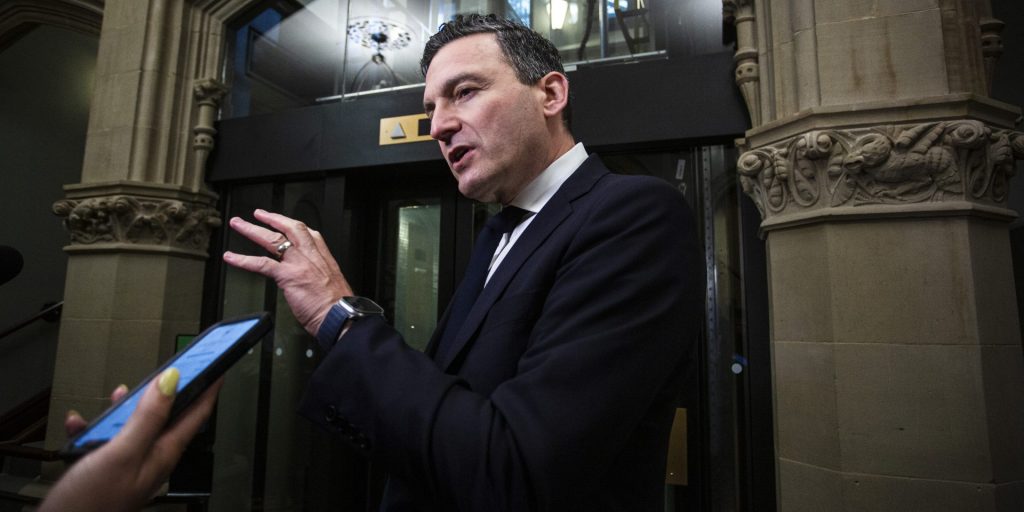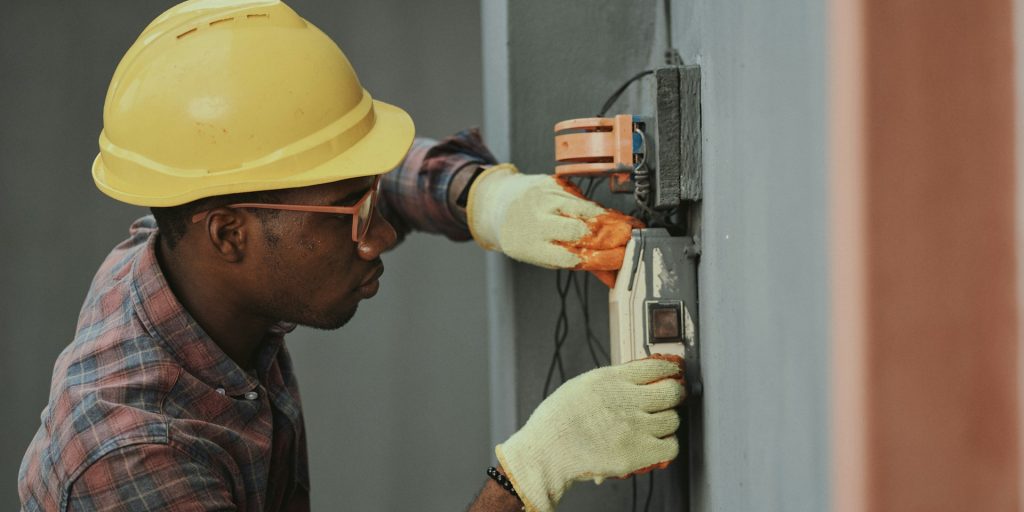Ottawa’s $13-billion housing gamble is missing a critical safeguard

An occupational therapy review of standardized modular templates could ensure that every unit built from those plans meets basic functional accessibility standards.
Building codes are undermining the promise of modular housing

The residential construction sector can’t use new technologies like modular housing while operating in a fragmented, constantly shifting regulatory environment.
Are programs in search of a policy or a Canadian housing system?

Canada’s housing crisis did not emerge overnight, and it will not be solved by any single initiative.
Housing Minister Robertson ‘well regarded’ for municipal background, but needs a vision for housing, say sector experts

Canada is still nowhere near the level needed to make housing affordable for the middle class, and despite Robertson’s municipal bonafides, the federal plan is still not well defined, say observers and critics.
Nuancing our understanding of Canada’s housing affordability crisis

Treating the housing crisis as singular supply issue risks missing both the problem and the solution.
This one policy could allow Canada to dramatically reduce land costs for affordable housing

An Affordable Housing Gifts program would remove barriers to companies and individuals looking to donate land to qualified Community Land Trusts.
Affordable housing is slipping away. Here’s how we get it back

We can meet housing challenges, but only if every order of government and other key stakeholders work together with purpose and urgency.
Canada needs a national strategy for the information ecosystem—not just its parts

Sovereignty over specific technologies won’t address gaps in basic skills, social cohesion, or trust. That requires a national strategy that encompasses people.
Canada’s green jobs strategy needs more than good intentions

The federal government lacks a data-driven method for identifying how workers in legacy sectors can transition into clean-economy jobs and where the real gaps lie.
The slow, uphill climb to fix the housing mess

Affording a home now is not quite as problematic as it was during the COVID years, but affordability is still the worst it’s been in Canada in 25 years, according to RBC.

